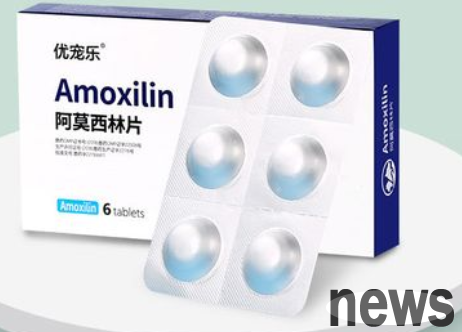What medicine should I use for dog trauma? Commonly used anti-inflammatory drugs include amoxicillin, cephalosporin, gentamicin, etc. Please pay attention to the dog's injury before use. Some of these drugs can kill bacteria, while others achieve anti-inflammatory effects by inhibiting bacterial reproduction. However, these anti-inflammatory drugs are not suitable for all dog trauma. The specific anti-inflammatory drug to use needs to be decided based on the dog's condition and the advice of a professional doctor.

1. What medicines can dogs use for trauma?
There are many commonly used anti-inflammatory drugs, including cephalosporins, erythromycin, chloramphenicol, amoxicillin, etc. Some of these drugs can kill bacteria, while others achieve anti-inflammatory effects by inhibiting bacterial reproduction. However, these anti-inflammatory drugs are not suitable for all dog trauma. Which anti-inflammatory drug should be used specifically depends on the dog's condition and doctor's advice.
2. How to maintain dog trauma
It is recommended that the dog be fed twice a day, because the efficacy of anti-inflammatory drugs is generally twelve hours. When dogs have trauma, it is recommended to clean the wound and apply medicine every day, otherwise it is useless to simply take anti-inflammatory drugs. During the dog's injury, the owner should give the dog more light and nutritious foods from time to time, such as chicken soup, fish soup, boiled beef, etc., and should also pay attention to appropriate addition of vegetables and fruits to supplement a variety of nutrients, which is conducive to the growth of new granulation in the wound.

Although there are many types of commonly used anti-inflammatory drugs, it is most important to consult a veterinarian in time and select and use anti-inflammatory drugs according to their instructions. Only in this way can anti-inflammatory drugs perform best and help dogs recover as soon as possible. Therefore, when using anti-inflammatory drugs for dogs, you must follow the doctor's advice to avoid misuse of drugs or ineffective treatment due to personal assumptions.